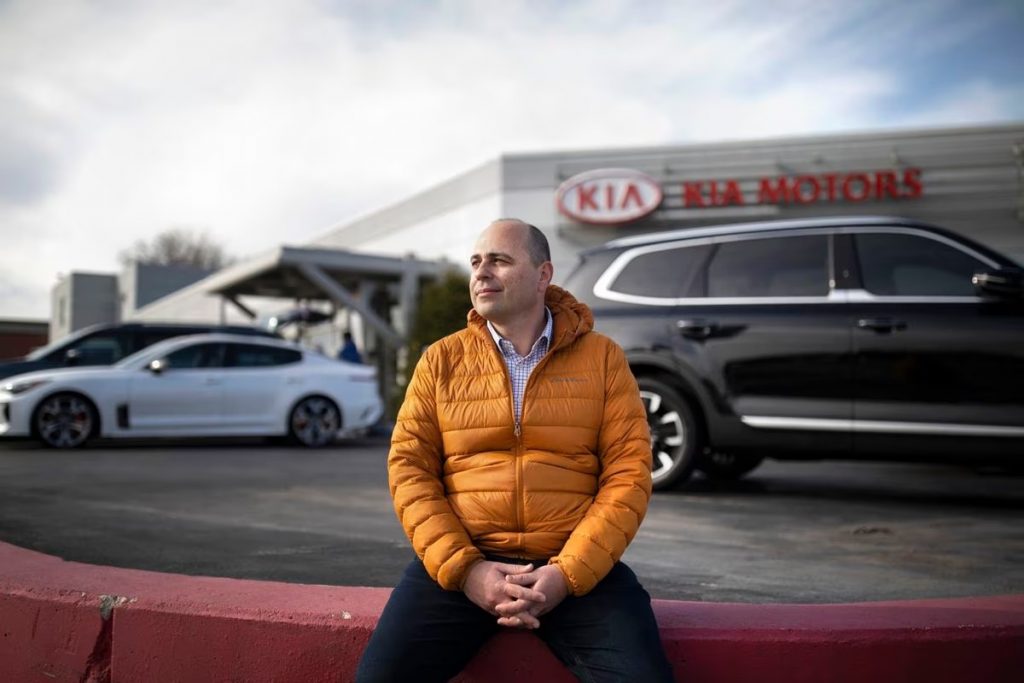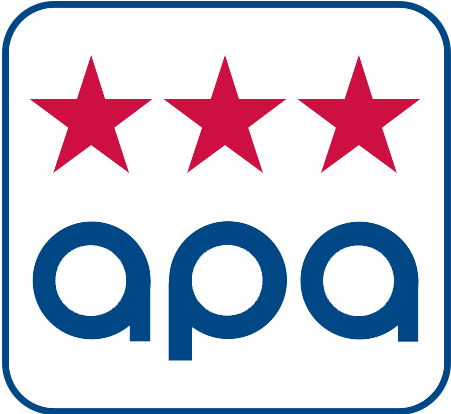
When Bart Grzybowski strolled over to his Kia Soul EV one evening last July, he was shocked to find its front end pulverized into a mess of twisted metal, the hood crumpled and the bumper sheared off.
“Luckily, no one was in the car,” recalls Grzybowski, who is an engineer. “But it was destroyed.” The 2018 electric vehicle had been hit by a driver who was eventually charged with impaired driving. The car was written off by his insurance company, and Grzybowski started looking for a new one.
Because he had opted to have the Kia Soul EV insured for full replacement value, Grzybowski needed to find the same model, with the same trim level…
“I was desperate and had no choice,” Grzybowski says. “[The dealer] knew I had no car, that I was getting some sort of insurance payout, and that I needed that model.” He says the salesperson told him he could either pay the full asking price of $64,995 or try his luck elsewhere…
OMVIC’s mandate is to maintain “a fair and informed marketplace by protecting the rights of consumers,” but according to George Iny, director of the Automobile Protection Association (APA), a consumer advocacy group, that doesn’t always happen.
“To APA’s knowledge, a ‘market adjustment’ is not prohibited by law so long as the extra charge is included in the [dealer’s] advertised price for the vehicle.” While this practice does not specifically violate the Motor Vehicle Dealers Act, Iny said it would seem to breach the Code of Ethics – in particular, the section about professionalism. This clearly states that a “registrant” (car salesperson registered with OMVIC) “shall act with honesty, integrity and fairness.”
“Ontario’s Motor Vehicle Dealers Act contains the right wording and is an impressive document,” says Iny. “But it’s rarely applied…”
Padding vehicle prices isn’t limited to so-called market adjustment fees. When Zack Brendan from Keswick, Ont., picked up his 2023 Subaru BRZ at New Roads Subaru in Newmarket, Ont., last September, he found a surprise on his bill. A Tri-Hazard Protect, Level 2 warranty, costing $1,295, had been added to the total, even though he had not ordered it.
“The sales rep told me every car comes with this package, and that it’s not optional,” says Brendan, who works in software quality assurance. After he researched the warranty, he saw that the contract for the warranty allows for a 30-day cancellation. “I went back to New Roads Subaru with the contract in my hand and showed them what it said, and asked to have the warranty cancelled,” he says. “They just said no and told me if I wasn’t happy with the car, they would gladly take it back.” Brendan says New Roads Subaru also told him that all their vehicle buyers are informed about this mandatory warranty up front. Brendan vehemently denies this. “I didn’t hear about this until I picked up the car.”
Mark Beevor, a sales manager at New Roads Subaru in Newmarket, didn’t respond to emails asking about sales practices and Brendan’s case.
That’s the current “normal,” says APA’s Iny. “Other mandatory extras include tire warranties and vehicle [identification number] etching,” he says. “The real problem is a scandalous drop in retailing standards and uptick in deceptive practices, many of which already existed before pandemic shortages.” He says that dealer regulators across Canada were unprepared for the big shift in supply and demand brought by the pandemic, and now, nearly three years in, have not mounted a convincing response. “The fines are puny, and retaining your licence to sell vehicles appears to be a right, not a privilege.”
While OMVIC can and does discipline dealers, the average fine is about $2,000 to $4,000, Iny says. “If you sell 1,000 cars at a $500 markup, that’s about $250,000.” A dealer’s licence is rarely taken away, and only in extreme cases.
At the beginning of the pandemic, Iny recalls that dealers vigilantly complied with health regulations, providing signage and sanitizer and wearing masks. A violation of public health rules would have shut down the dealership and resulted in a costly interruption of business. But it was public health officials who enforced those rules, not the dealer regulators. “It shows that dealers can be compliant.”
